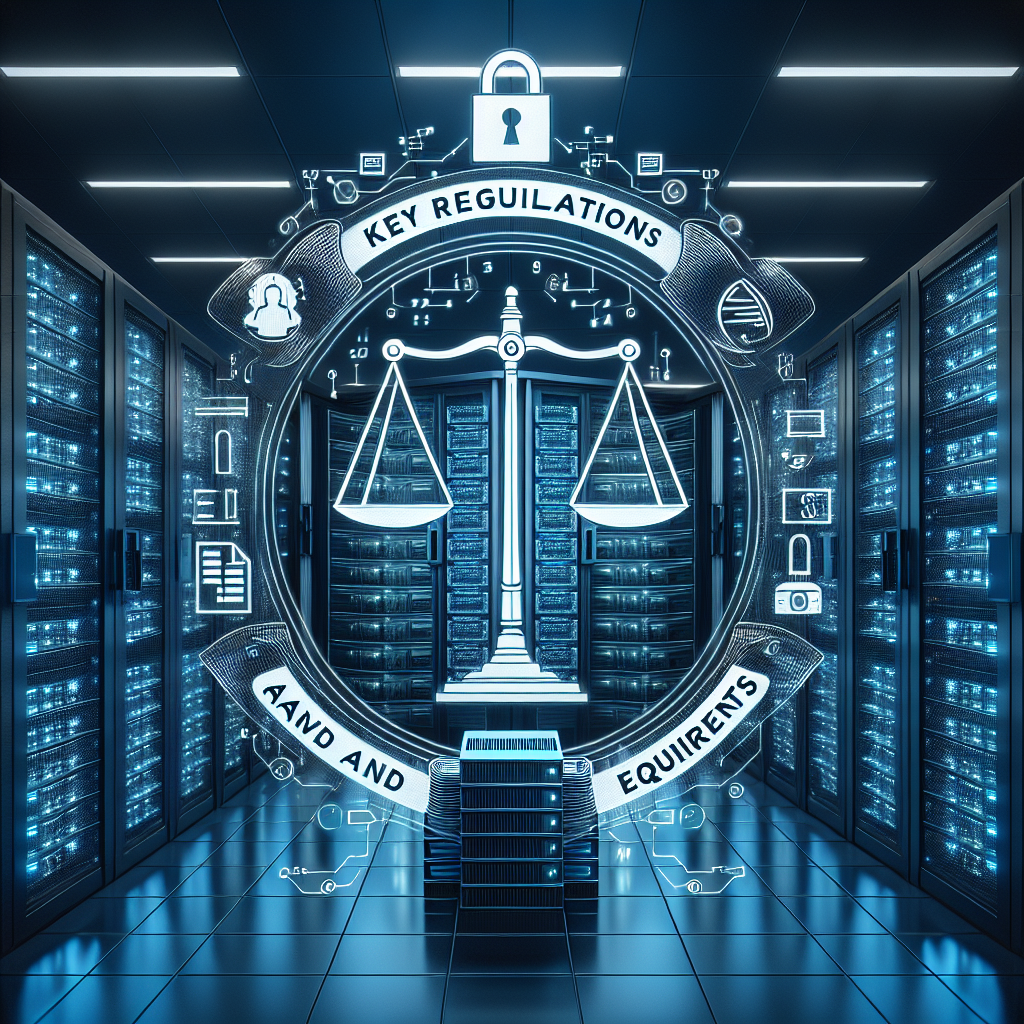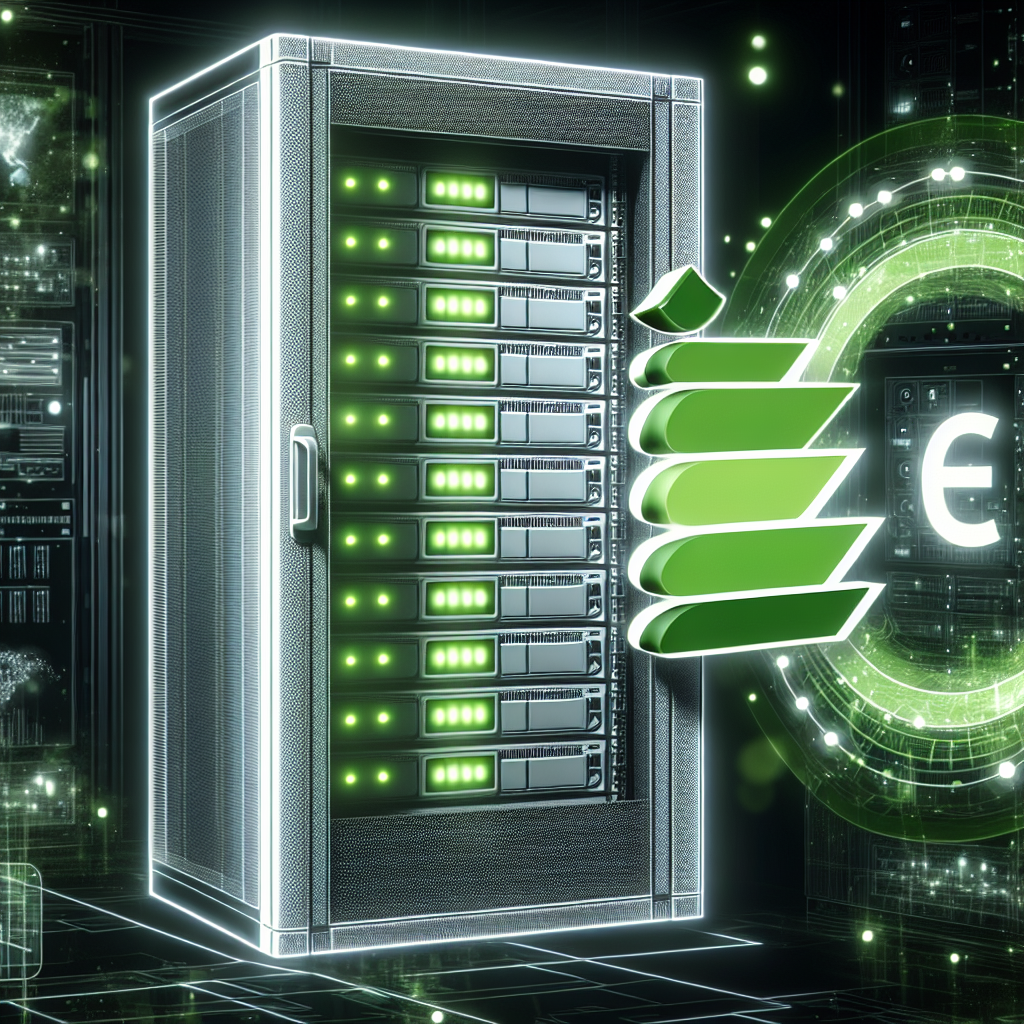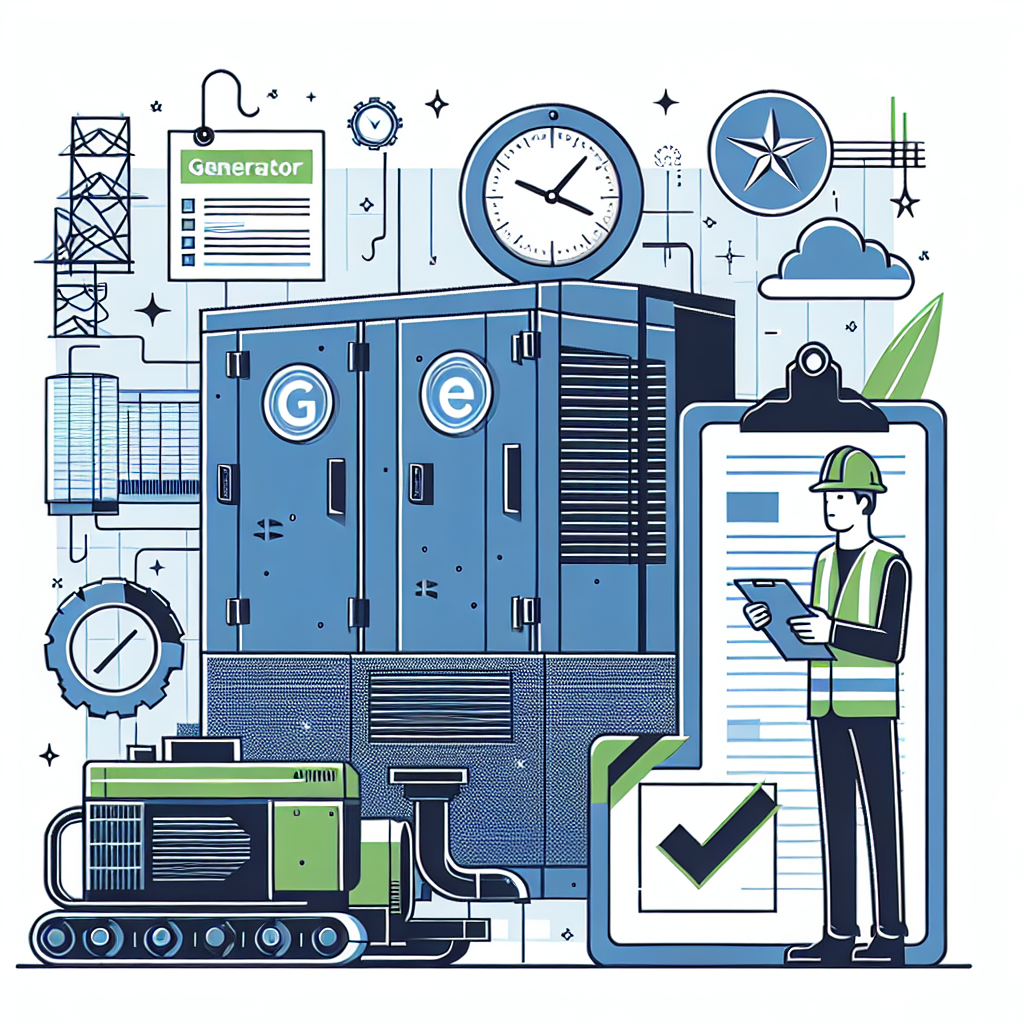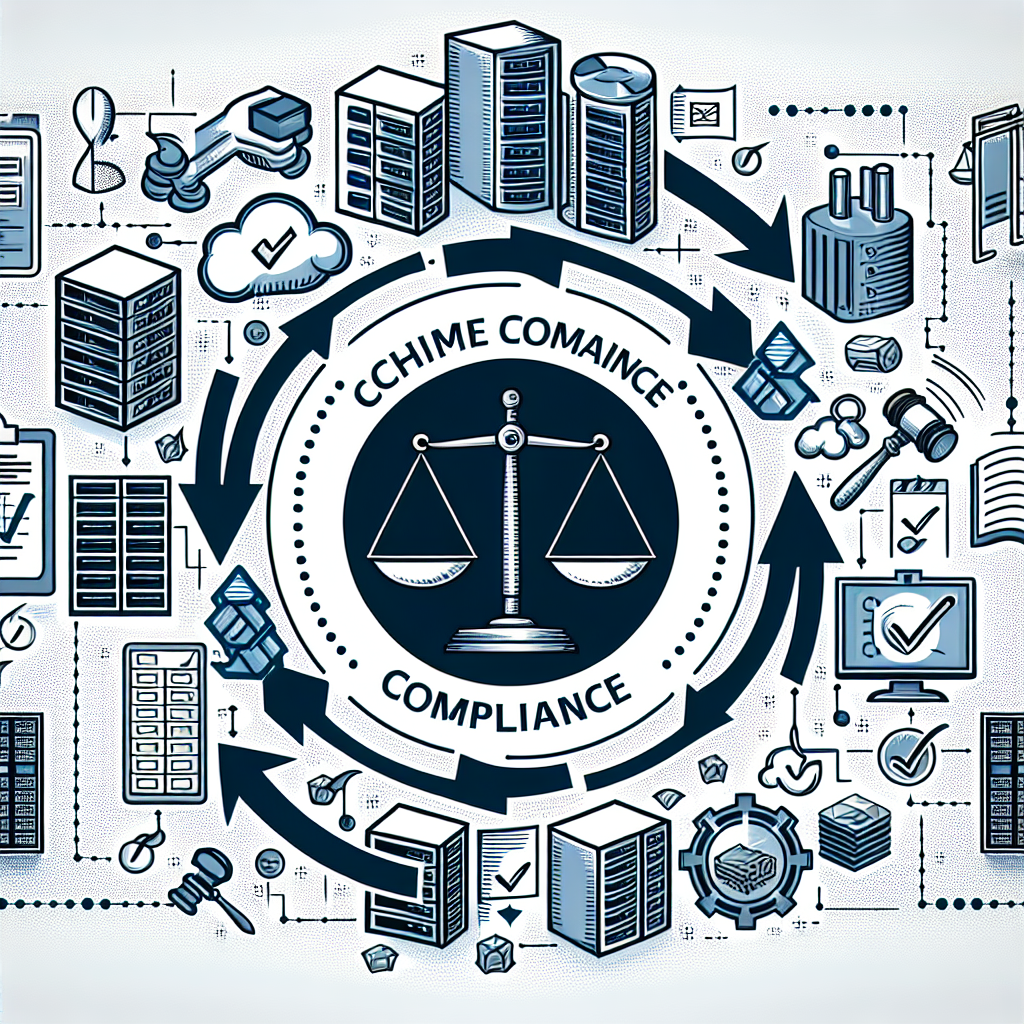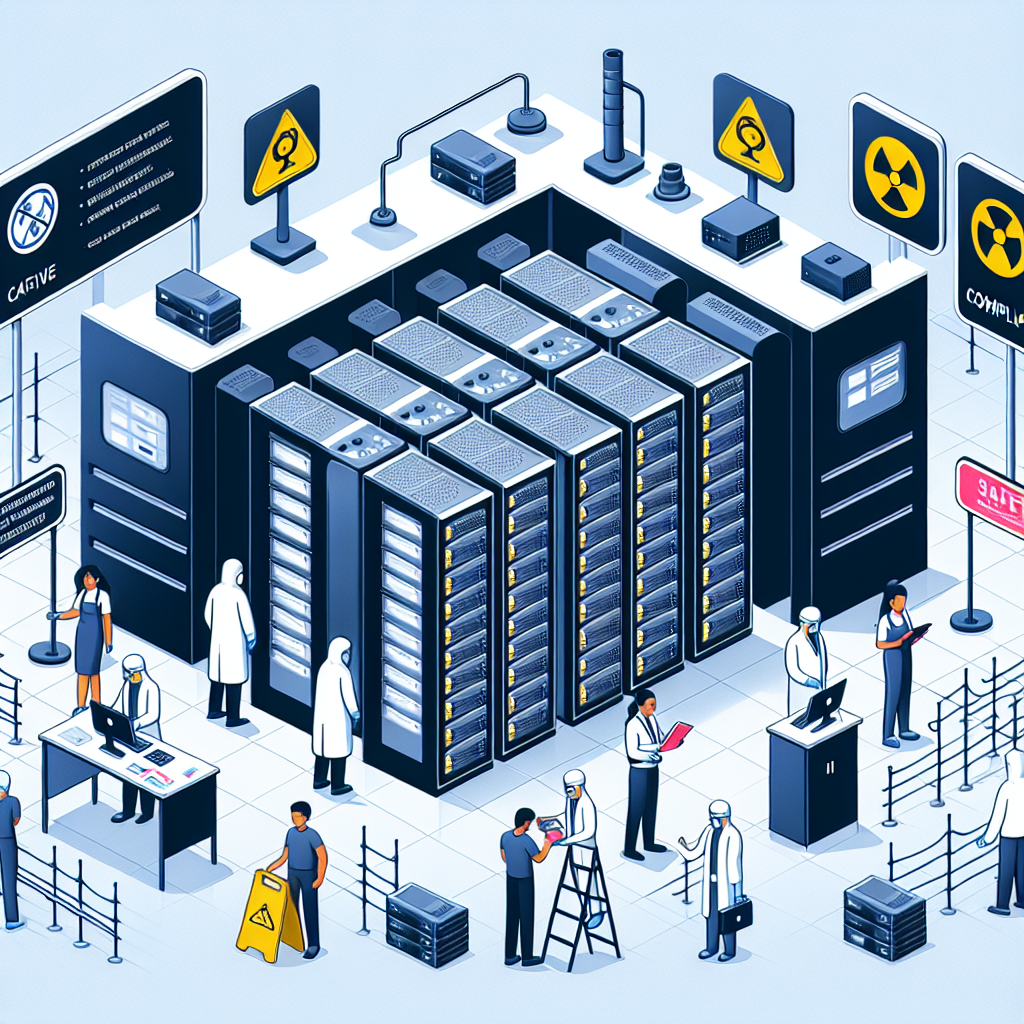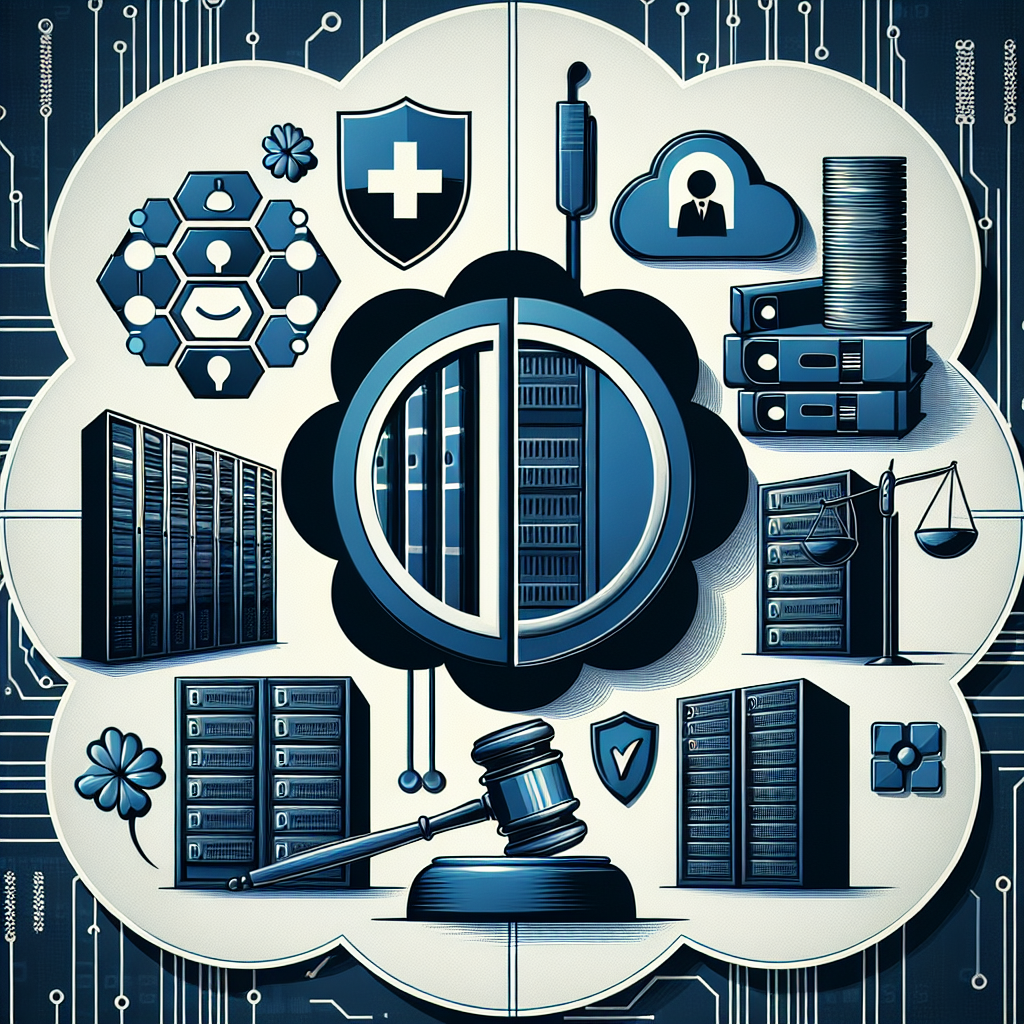Data centers play a crucial role in today’s digital landscape, serving as the backbone of the internet and housing the servers and infrastructure that power our online activities. With the increasing amount of sensitive data being stored and processed in data centers, ensuring compliance with regulations and requirements is essential to protect this information and maintain trust with customers.
There are several key regulations and requirements that data centers need to be aware of and adhere to in order to stay compliant and secure. Here are some of the most important ones:
1. General Data Protection Regulation (GDPR): The GDPR is a regulation in the European Union that governs the processing of personal data and aims to protect the privacy and rights of individuals. Data centers that store or process personal data of EU citizens must comply with GDPR requirements, including obtaining consent for data processing, implementing data protection measures, and notifying authorities of data breaches.
2. Payment Card Industry Data Security Standard (PCI DSS): The PCI DSS is a set of security standards designed to protect payment card data and prevent fraud. Data centers that store or process payment card information must comply with PCI DSS requirements, such as encrypting data, restricting access to cardholder data, and regularly testing security measures.
3. Health Insurance Portability and Accountability Act (HIPAA): HIPAA is a regulation in the United States that governs the privacy and security of protected health information. Data centers that store or process healthcare data must comply with HIPAA requirements, including implementing safeguards to protect data, training employees on data security, and conducting risk assessments.
4. ISO 27001: ISO 27001 is an international standard for information security management systems that provides a framework for establishing, implementing, maintaining, and continuously improving information security practices. Data centers can achieve ISO 27001 certification by implementing security controls and processes to protect data and ensure compliance with legal and regulatory requirements.
5. National Institute of Standards and Technology (NIST) Cybersecurity Framework: The NIST Cybersecurity Framework is a set of guidelines and best practices for improving cybersecurity risk management. Data centers can use the framework to assess their cybersecurity posture, identify gaps in security controls, and implement measures to protect data from cyber threats.
In addition to these regulations and requirements, data centers should also consider industry-specific standards and guidelines, such as the Telecommunications Industry Association (TIA) standards for data center design and operation, to ensure compliance with best practices and ensure the reliability and efficiency of their operations.
Overall, staying compliant with regulations and requirements is essential for data centers to protect sensitive data, maintain trust with customers, and avoid costly fines and penalties. By understanding and adhering to key regulations and requirements, data centers can enhance their security posture and demonstrate their commitment to data protection and privacy.
